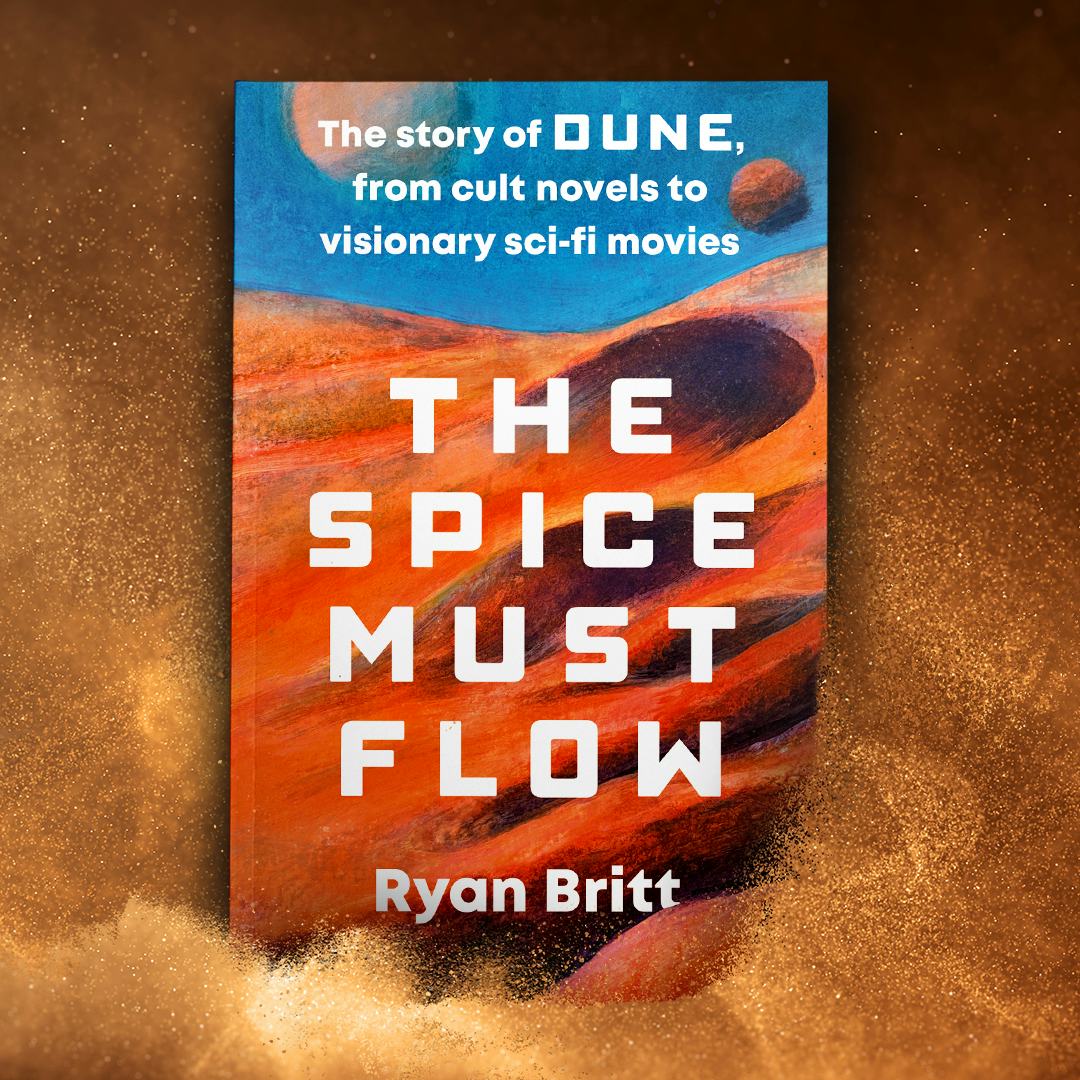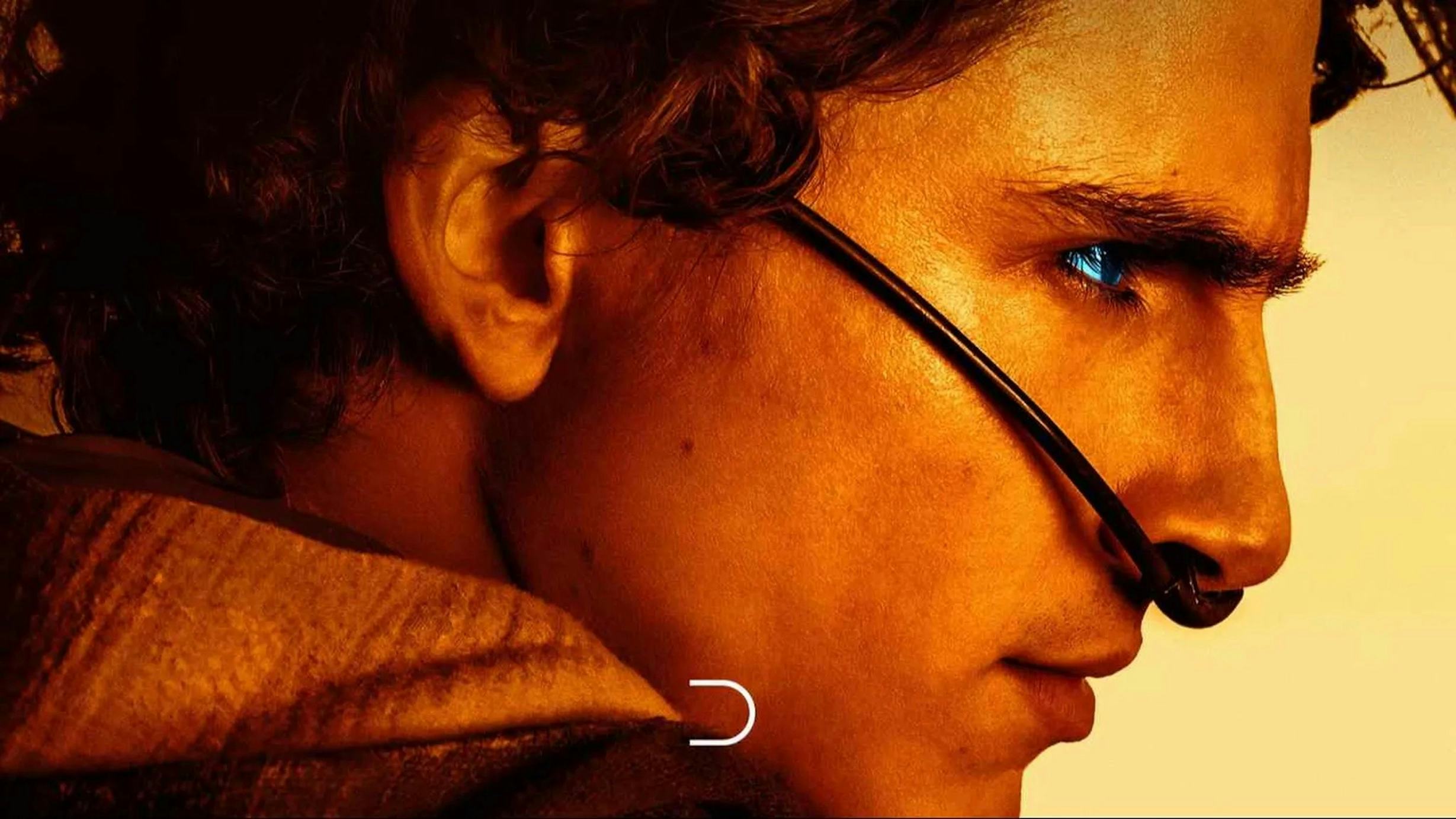
In 2021 and 2024, Denis Villeneuve used two movies to adapt one novel. The famous 1965 book Dune (which began as a 1963 serial in the magazine Analog) has been a white whale for faithful and satisfactory film adaptions since perhaps before Frank Herbert was even done writing the first volume. Most would argue that with Dune: Part One and Dune: Part Two, Villeneuve has achieved the impossible: He brought the entire first novel to cinematic life but altered it just enough to make both casual audiences and hardcore fans happy. But can he do it again? Dune 3 — an adaptation of the 1969 novel Dune Messiah — is definitely (maybe) confirmed to start filming in either 2025 or 2026. Recently Villeneuve’s public comments about the project have shifted from a shoulder shrug to a wink. So it seems like this movie will happen, sooner or later.
But here’s the thing. It’s possible that in terms of adaptation techniques, Villeneuve is taking the opposite approach with Dune 3 than he did with the two previous movies. Instead of turning one book into two movies, it seems likely that in this case, Villeneuve will turn two books into one movie. In other words, the only way for Villeneuve’s Dune 3 to make sense is if he’s adapting Dune Messiah and Children of Dune into one film.
Is Villeneuve’s Dune 3 based on two books?
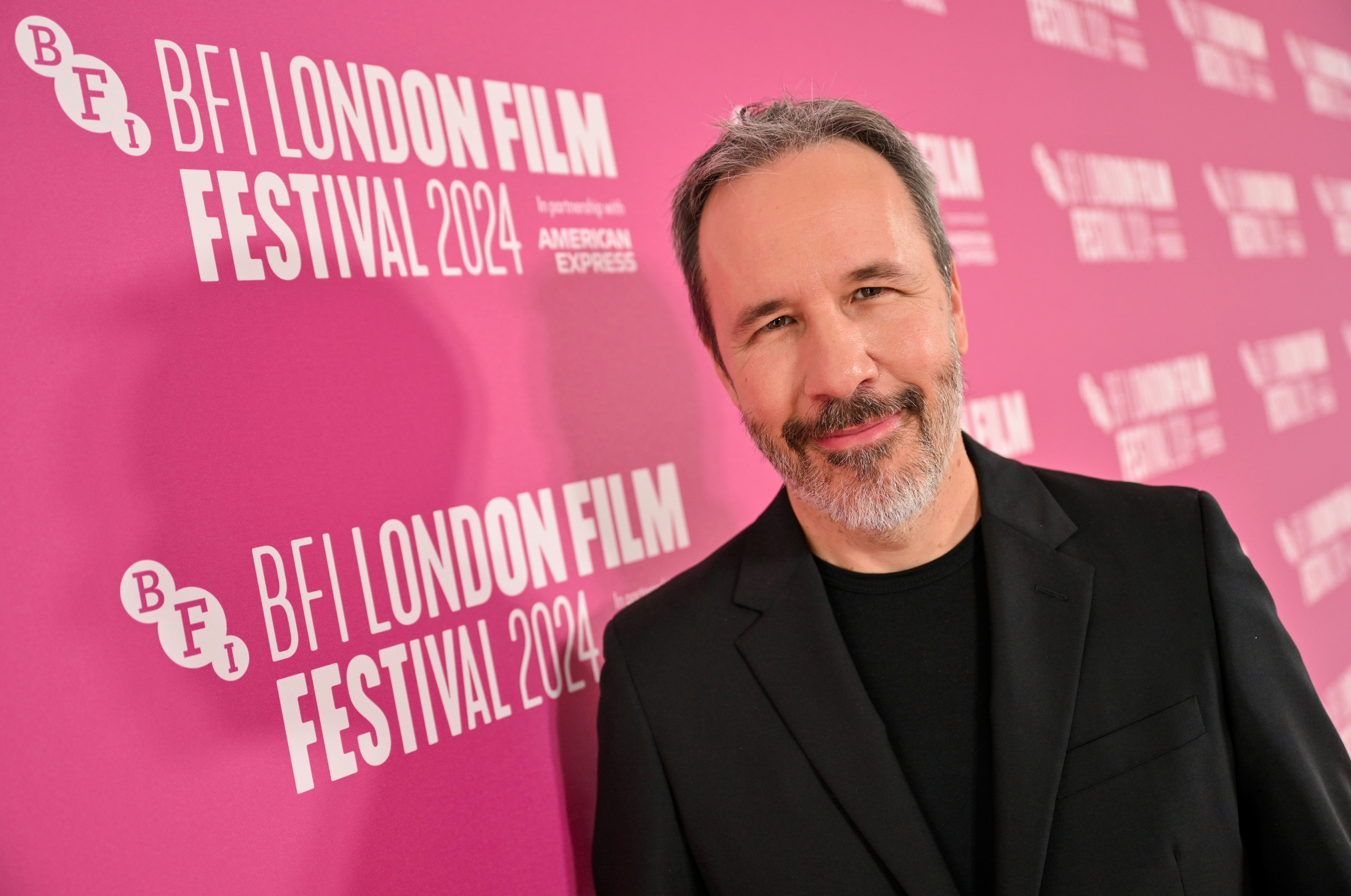
The way Denis Villeneuve read the original 1965 Dune was likely not as one volume. In 2021, the director said that his first copy of Dune was a French paperback translation with a cover illustration from Wojciech Siudmak. Various print runs of this version split Dune into two books, which are fairly easy to track down. So when you think of Villeneuve splitting the first Dune into two movies, it makes a fair amount of sense because he almost certainly encountered the original story as two books and not one.
But what about Dune Messiah? This book is much shorter than Dune — just 72,449 words, only 256 pages in its first edition, making it less than half as long as the first Dune which was 188,000 words. This means that there is literally less story in Messiah than there is in Dune, which could suggest that Villeneuve may pull from other material to round the film out. Plus, his creative approach to adapting the first book could indicate he could get equally creative with this next project. And there’s plenty of evidence that’s exactly what he’s doing: not just adapting Dune Messiah, but a little bit of Children of Dune, too.
Alia’s age and Anya Taylor-Joy

Infamously, Villeneuve’s Dune: Part Two excludes the birth of young Alia Atreides but does feature the character as an adult in a flash-forward that Paul experiences late in the film. Here, she’s played by Anya Taylor-Joy, who, in our universe, is 28 years old, which means she’ll be in her 30s when Dune 3 hits theaters.
Dune 2 condenses the timeline of the original book from three years to one, which is why Alia isn’t born in the movie but is in the novel. In Dune Messiah, there’s a 12-year time jump and Alia is a teenager. As recently as this year, Villeneuve has confirmed this idea saying, “The story takes place like 12 years after where we left the characters at the end of Part Two.”
In fairness, all movie versions of Dune mess with the ages of the characters. Paul is also supposed to be a lot younger than Timothée Chalamet is, and way back in 2003, the John Harrison-penned Sci-Fi Channel miniseries Children of Dune, aged-up Leto II and Ghanima, to avoid having two nine-year-old children as the stars. And yet, it’s a real head-scratcher to figure out how the hell Anya Taylor-Joy can exist in a movie that only takes place 12 years after a film in which her character isn’t even born.
The short answer is that Villeneuve’s not just doing Dune Messiah. Sure, part of the movie will focus on the events of that book, but, if he digs into Children of Dune, then, suddenly, Alia can be a full-blown adult, and the flash-forward in Dune 2 will make a lot more sense.
The end of Paul’s story
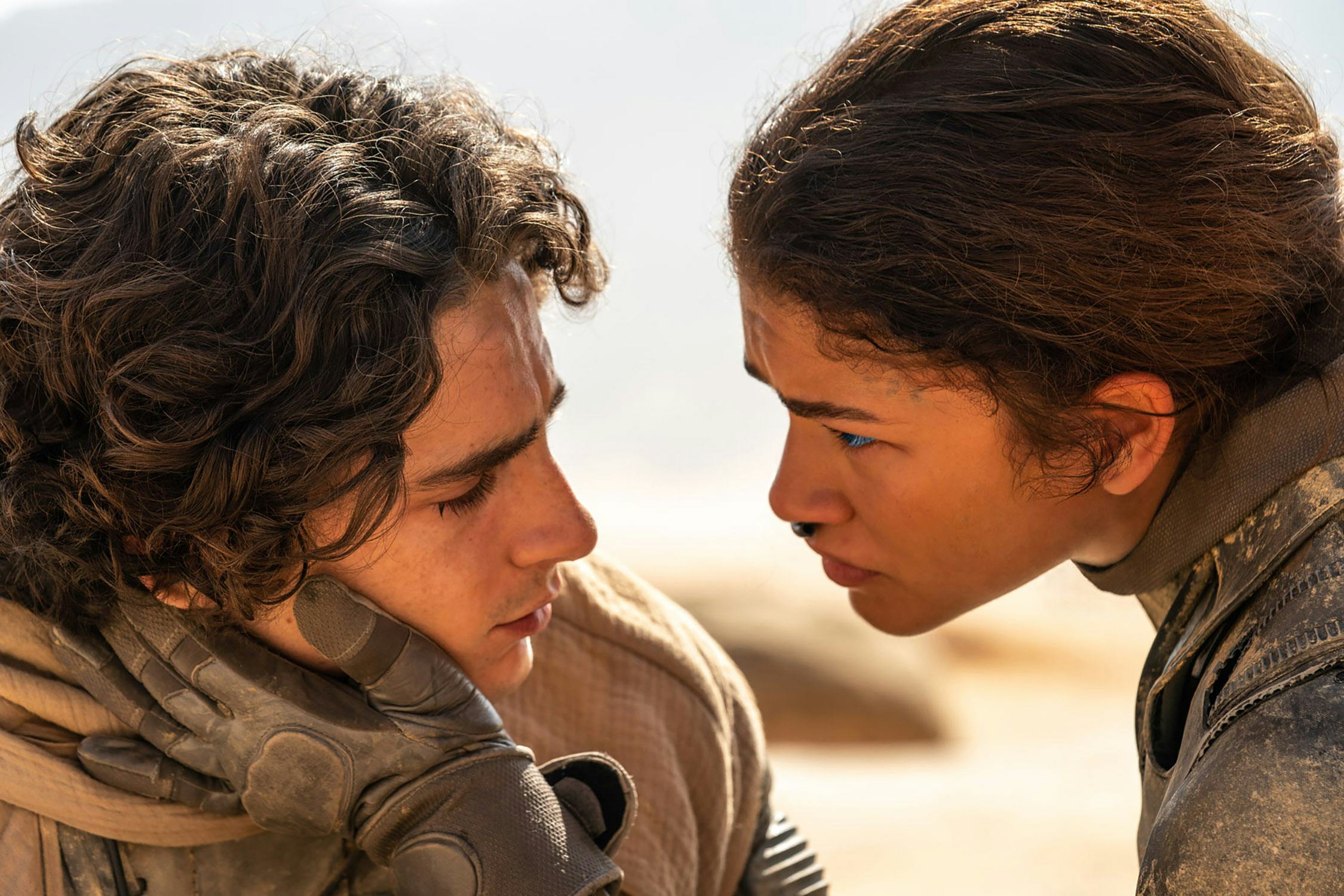
Villeneuve has often mentioned that a third Dune film “will finish the Paul Atreides arc.” But Paul’s arc does not end with Dune Messiah. Yes, the novel concludes with him walking into the desert, blinded, and depressed; just having dealt with Chani passing away after giving birth. But Paul is also in the third book, Children of Dune. In fact, he’s very much in the third book, first appearing as a mysterious character known as “The Preacher,” who Alia is worried might be a spectral version of her brother, back from his apparent demise. Later in the book, Herbert pulls off the Scooby-Doo mask, and yes, it was Paul all along.
It’s in Children of Dune that Paul bites the dust, not Dune Messiah, so if Villeneuve is really concluding Paul’s story, then he’d have to take elements from Children of Dune as well. Otherwise, the ending of an arc will feel more like a cliffhanger.
Missing pieces
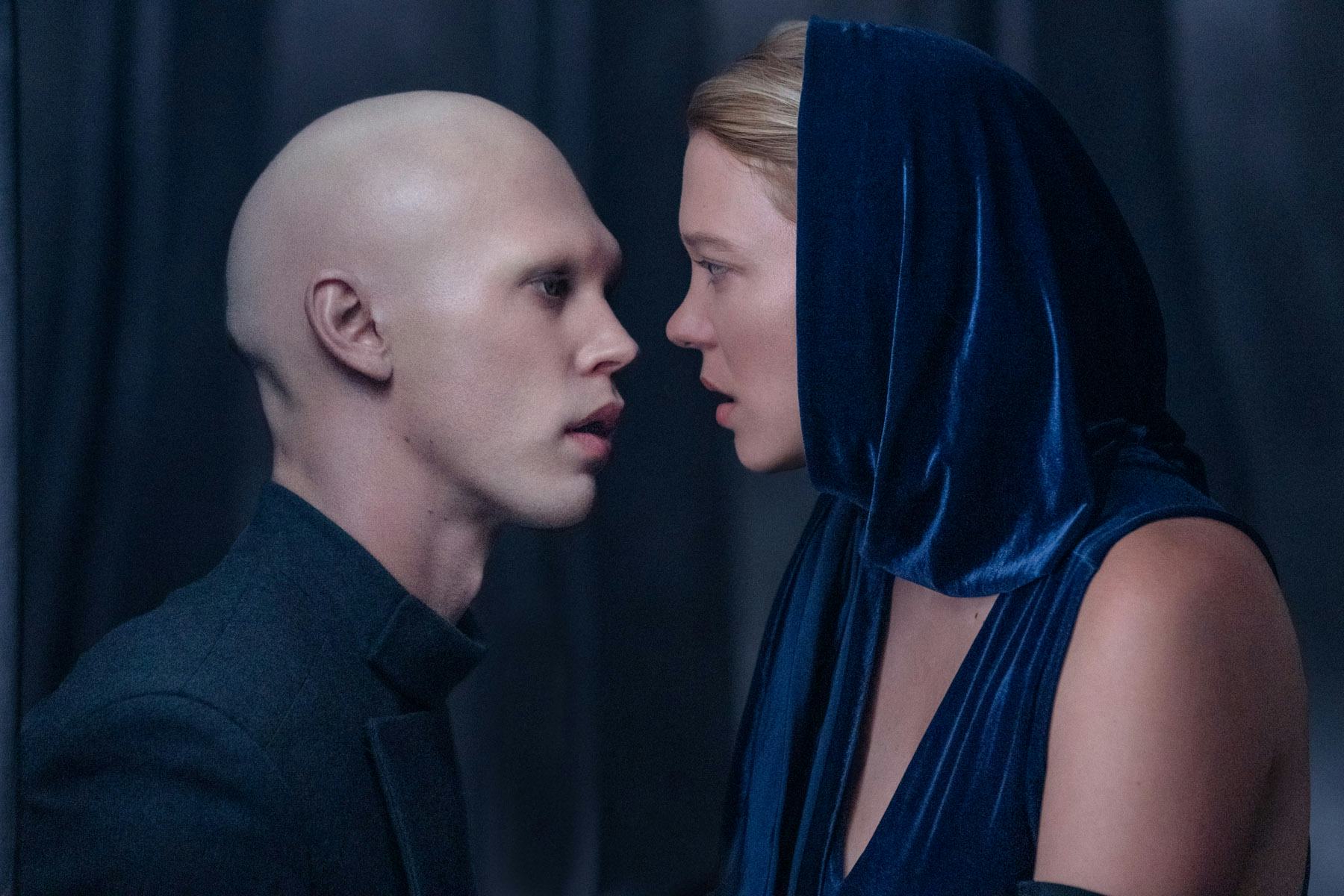
One aspect of the Dune saga that even Frank Herbert didn’t truly cover in his books was the real-time events of the Fremen holy war. At the end of Dune: Part Two, Paul encourages Stilgar and the Fremen to head out into the universe and start slaying everyone in his name. In the book, Dune Messiah, this holy war has already taken place and concluded. Some interviews with Villeneuve have hinted that the director wants to lean into the war theme even more than in the second film.
If that’s the case, then Villeneuve will have to pull from the midquel novel Paul of Dune, published in 2008 and written by Brian Herbert and Kevin J. Anderson. A huge portion of this book is set between Dune and Dune Messiah, which not only gives more details of the early days of Paul’s reign but also reveals the fate of Lady Margot Fenring’s child, Marie Fenring. While Frank Herbert never fully picked up on the plotline in which Lady Margot intentionally became pregnant by Feyd-Rautha, the spinoff book, Paul of Dune, did.
Because Villeneuve’s Dune: Part Two took great pains to depict Lady Margot’s seduction of Feyd, it seems only natural that he’d want to do something with that plot point in Dune 3. Right now, the upcoming HBO Max series Dune: Prophecy is relying heavily on material from the Kevin J. Anderson and Brian Herbert books, namely Sisterhood of Dune (2012), and also, seemingly a bit of Mentats of Dune (2014). So, if the prequel series to Villeneuve’s movies can borrow freely from the spinoff books, why can’t he?
Dune Messiah is an interesting entry into the Dune mythos, but it is far from being the end of the story. Of Frank Herbert’s original six Dune books, it is arguably the weakest and feels more like a coda for Dune than a complete story. Villeneuve must know this. He must be aware of the limitations of sticking only to the text of that book for Dune 3, and, because he has so many other plot considerations to think of — from Alia to Paul to Lady Margot — it seems the future is clear. You may not want to bet on it, but a bit of spice prescience makes it seem like Dune 3 has to be a mix of several books, not just one.
